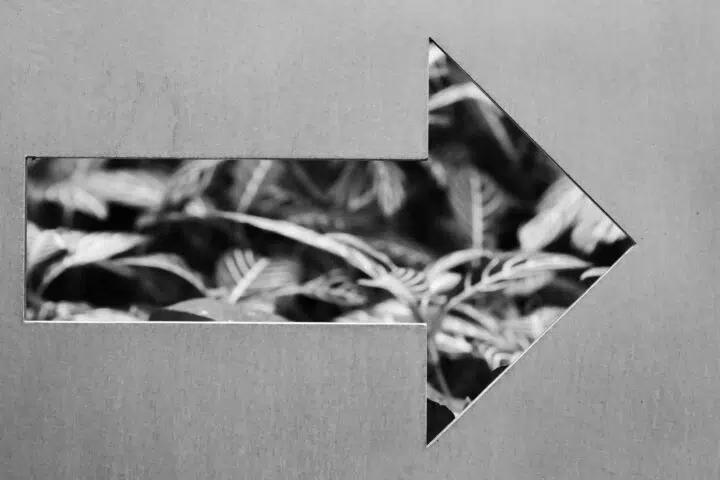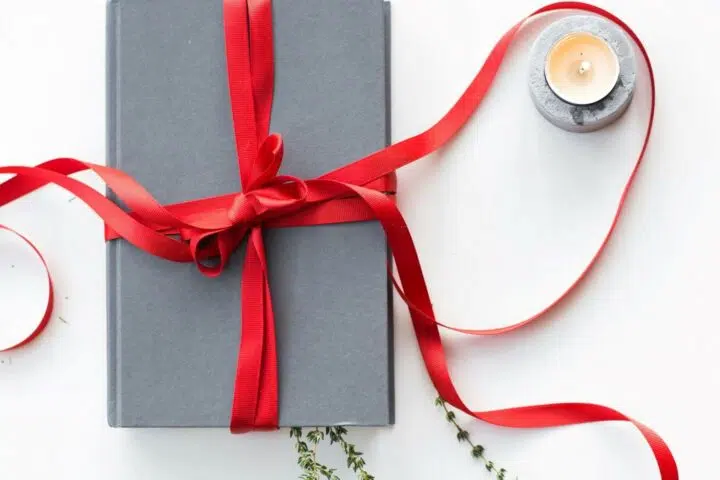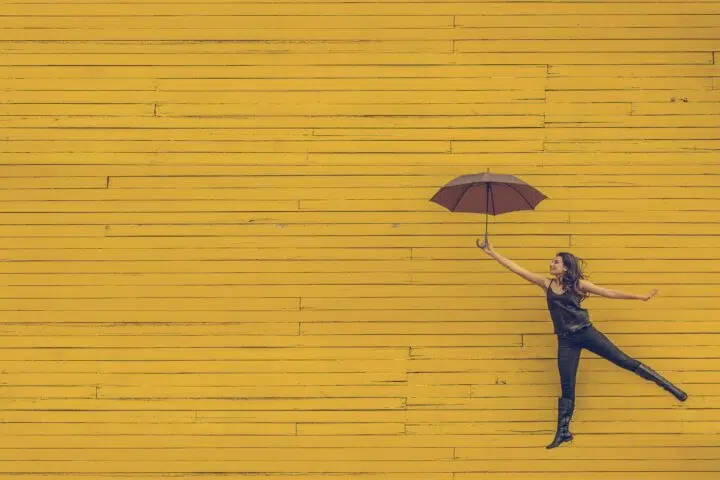In 1988, I spent a semester studying at West Chester University in Pennsylvania. Most of my friends, my family, and my boyfriend (who is now my husband) were far away in Idaho. This was a time when long-distance calling was not cheap or convenient, not to mention there was only one shared pay phone on our dorm floor, and everyone could hear your conversation. This was pre-personal computers and long before cell phones and texting, so the best way to communicate was through letters.
Each day, I’d check my tiny mailbox in the dorm lobby, praying for a card or letter. On a good day, there was one, on a great day, there were two or three. Sometimes I’d save a letter in case I didn’t receive any the next day. I’d flop down on the tiny dorm-room cot and devour my letters. I could recognize the handwriting on the envelopes, so I knew exactly who they were from even before I checked the return address label.
It took four to five days for letters to reach me from Idaho, so most of the news was at least a week old, but I lingered over every word. When I wrote my responses, my own stories were mostly the same in each letter, but how I told them differed depending on the recipient. Some people got the full story, emotions and all, some people got only the facts. You had to be very present while writing a letter, not just to watch your handwriting, or make sure you spelled things correctly, but also to gauge what each person wanted to hear, or what each person could handle hearing.
The other day, a friend led us in a mindfulness exercise with a piece of chocolate. She told us the story of the chocolate first, then invited us to look at it in the light, then smell it, then tap our finger on it to see if it made a sound, then take a small bite and let it melt in our mouths. After all that attention, I can promise you the chocolate tasted incredible.
That’s how it felt to receive and then respond to a letter. Holding my breath on the way to the mailbox, the sound of the key in the lock, the texture of the different stationaries, sometimes a scent on the paper. That moment you took to arrange your pillows just right so you could read in comfort. The way you’d hold some letters to your chest to cherish them. The excitement as you chose the right stationary and the best pen with which to write back.
It’s just not the same with texting, is it? Someone fires off a question, and you fire back an answer. Or you receive a text you can barely decipher because the auto-correct changed the words. There’s no more waiting and wondering for two weeks before you receive a response. In fact, we grow irritated if the response isn’t instantaneous. If someone asks you a deep question, “How are you feeling about what happened,” you respond with a sentence or two. . . “Still annoyed, but I’m getting over it.” There are pages and pages of context in that statement that are missing.
In the days of letters, we got to focus on one or two people at a time. Now, we might get multiple texts from multiple people all in one day. So much to track, so many decisions to make on the spot, so many possibilities to screw up by saying the wrong thing or forgetting to respond.
This isn’t a diatribe about texting. It has its uses and, besides, it’s here to stay. It’s more a reflection on how hard it is, sometimes, to live in this vastly busier and more connected-yet-disconnected world.
I used to have to wait weeks to learn how my friend’s boss took the news they were quitting, now I only have to wait minutes. Yet, most of the time, I feel like we know so much less about each other now that we are in constant contact than we did when we had to hold our friends in our thoughts and prayers for weeks.
Letters, of course, were not perfect. You could still read something that was off-base or even hurtful, or a piece of encouragement that came too late, or a suggestion that was no longer useful. But you understood that someone had taken their time and energy to send you those words in writing. In that sense, whether they agreed with you or not, the fact that they responded at all showed how much you mattered.
I’m not naïve enough to believe we’re all going to embrace letter writing again, but I do hope we can find our way back toward remembering there’s a person on the other end of that text message and let them know they matter, even if that means holding off on our responses until we can get centered and say what we really want to say in the best way we can think of to say it.
If you like this post, please share and credit Teresa and Bursts of Brilliance for a Creative Life blog



